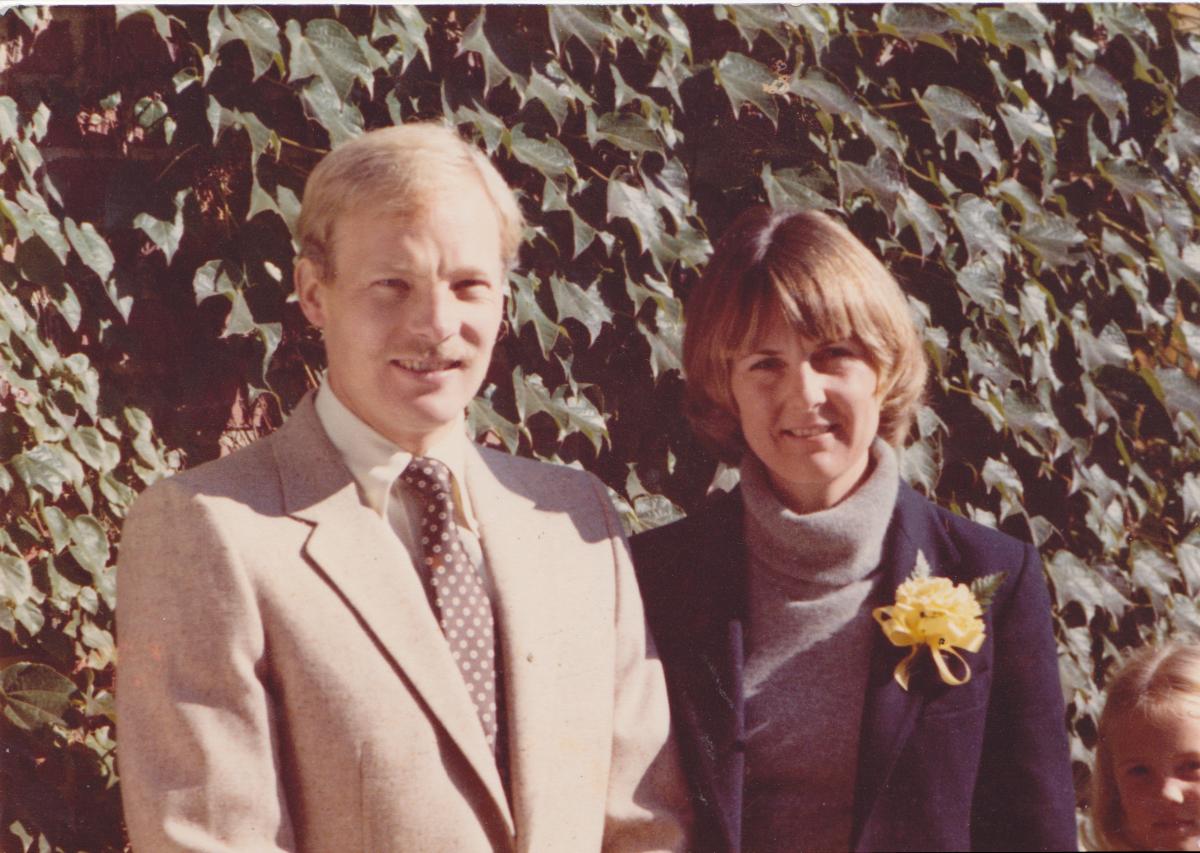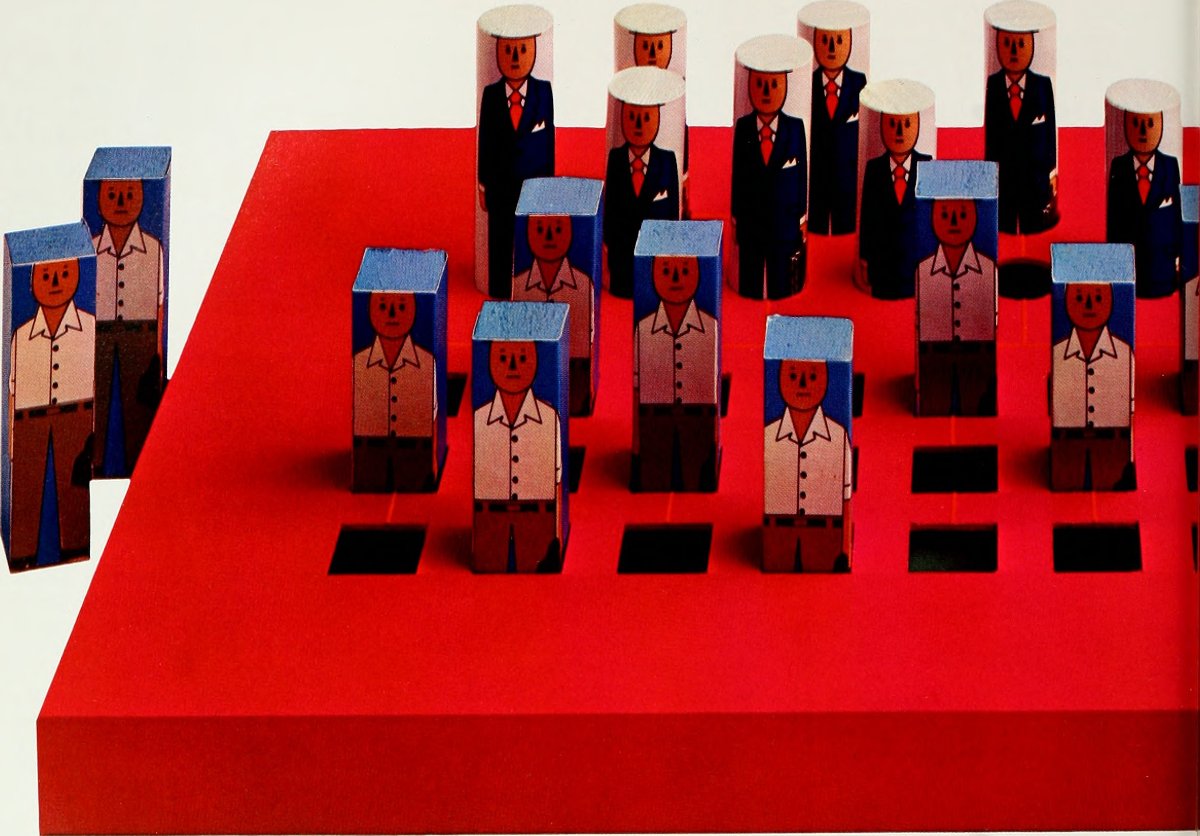Tag: organizational psychology
Attribution of Variance
One of my favorite courses in graduate school was research evaluation which involved the analysis of study designs.
It was fascinating to me to figure out how to determine the impact of independent variables on dependent variables and how to factor out how each potential cause created a specific effect.
Freeing Genius and Healing Madness
“There is no great genius without some touch of madness.” —Aristotle “One must still have chaos in oneself to be able to give birth to a dancing star.” —Nietzsche “A person needs a little madness, or else they never dare cut the rope and be free.” —Nikos Kazantzakis I have always been willing to tolerate idiosyncrasies in people whom I believe have deep substance or a higher perspective. This willingness has sometimes created conflicts in Read More
Leading Change
In you have been wondering about what life might look like by the end of the 21st century, you may want to read a few of Ray Kurzweil’s books. Kurzweil, a pre-eminent futurist who graduated from MIT, formed multiple companies, and now works for Google as “Director of Engineering,” has shown that change is exploding exponentially, even though we cling to the belief that change is happening linearly.
Tribes and Teams
“Before the rise of the nation-state, the world was mostly tribal. Tribes were united by language, religion, blood, and belief. They feared other tribes and often warred against them.” —Robert Reich When I conduct teambuilding sessions, I often start by administering a Myers-Briggs Type Indicator (MBTI) so that I can understand the different personality styles on the team. The idea is to identify and leverage differences to achieve optimal performance. The MBTI has a continuum Read More
Balance and Unity
“I see in the near future a crisis approaching that unnerves me and causes me to tremble for the safety of my country. Corporations have been enthroned and an era of corruption in high places will follow, and the money power of the country will endeavor to prolong its reign by working upon the prejudices of the people until all wealth is aggregated in a few hands and the Republic is destroyed.” —Abraham Lincoln, Nov. Read More
Thinking and Believing
Believe me—Daniel Kahneman got it right: we are more likely to find stories that support our beliefs than seek out evidence in the pursuit of truth. Kahneman is a professor emeritus at Princeton University who wrote the best selling book, Thinking, Fast and Slow. His work is focused on the psychology of judgment and decision-making for which he was awarded the Nobel Prize in Economic Sciences. His findings challenge the assumption of human rationality. Clearly, Read More
Labels, Limits, and Levels
Dr. Bill Anthony, the highly respected, world-renowned, executive director of the Psychiatric Rehabilitation Center at Boston University, initiated classes with new students by throwing the DSM into the waste basket. This dramatic statement was intended to communicate to people entering the mental health field that labels limit our ability to see the potential and possibilities of another human being.
Selecting Coaches
Forty years ago, I wrote my doctoral dissertation on the selection of counselors for public high schools. I didn’t write it to create a career-defining, landmark study. I wrote it to check off a box for the completion of my doctoral degree in counseling psychology. Little did I know that the profession of coaching and counseling would explode in the next century. Now, practically everyone either has a coach or is a coach. The question Read More
Step Back
In 2013, Sheryl Sandberg’s Lean In became a massive cultural phenomenon, and its title became an instant catchphrase for empowering women. The book soared to the top of best-seller lists both nationally and internationally, igniting global conversations about women and ambition. Sandberg packed theaters, dominated op-ed pages, appeared on every major television show and on the cover of Time magazine, and sparked ferocious debate about women and leadership.
Exploitation Masquerading as Engagement
Most companies measure employee engagement. It represents one critical way to determine the level of commitment and productivity of their human capital. An abundance of research suggests a high correlation between employee engagement and great performance. But how do we stop from crossing the line into exploitation?
Leadership Lexicon
Leaders sometimes wonder why no one is following them. In most cases, the reason is because the leader does not possess all three essentials of effective leadership: Character, Commitment, and Competence. Leaders must be honest and ethical at their core, or people don’t follow. Leaders must also be committed to developing themselves and others. If people are not convinced of the leader’s commitment to their growth, they will not help the leader grow—and they will Read More
Corporate Spirit: Oxymoron or Possibility?
Spirituality is coming to the workplace thinly veiled as mindfulness, awareness, and stress management. As the veil gets lifted, the questions arise: does it belong, can it co-exist with profitability, and what are the dangers?
Does spirituality belong in the workplace? It depends…


















